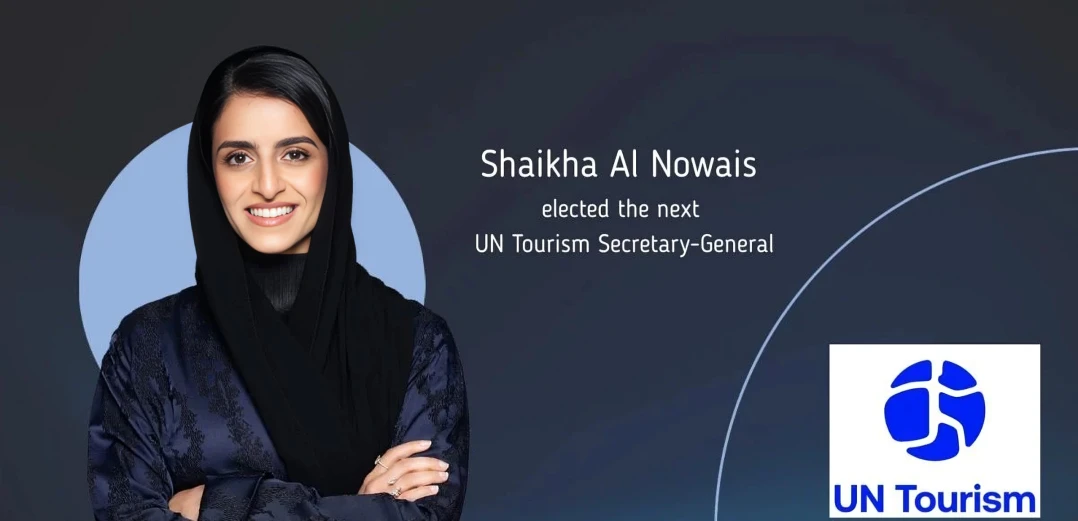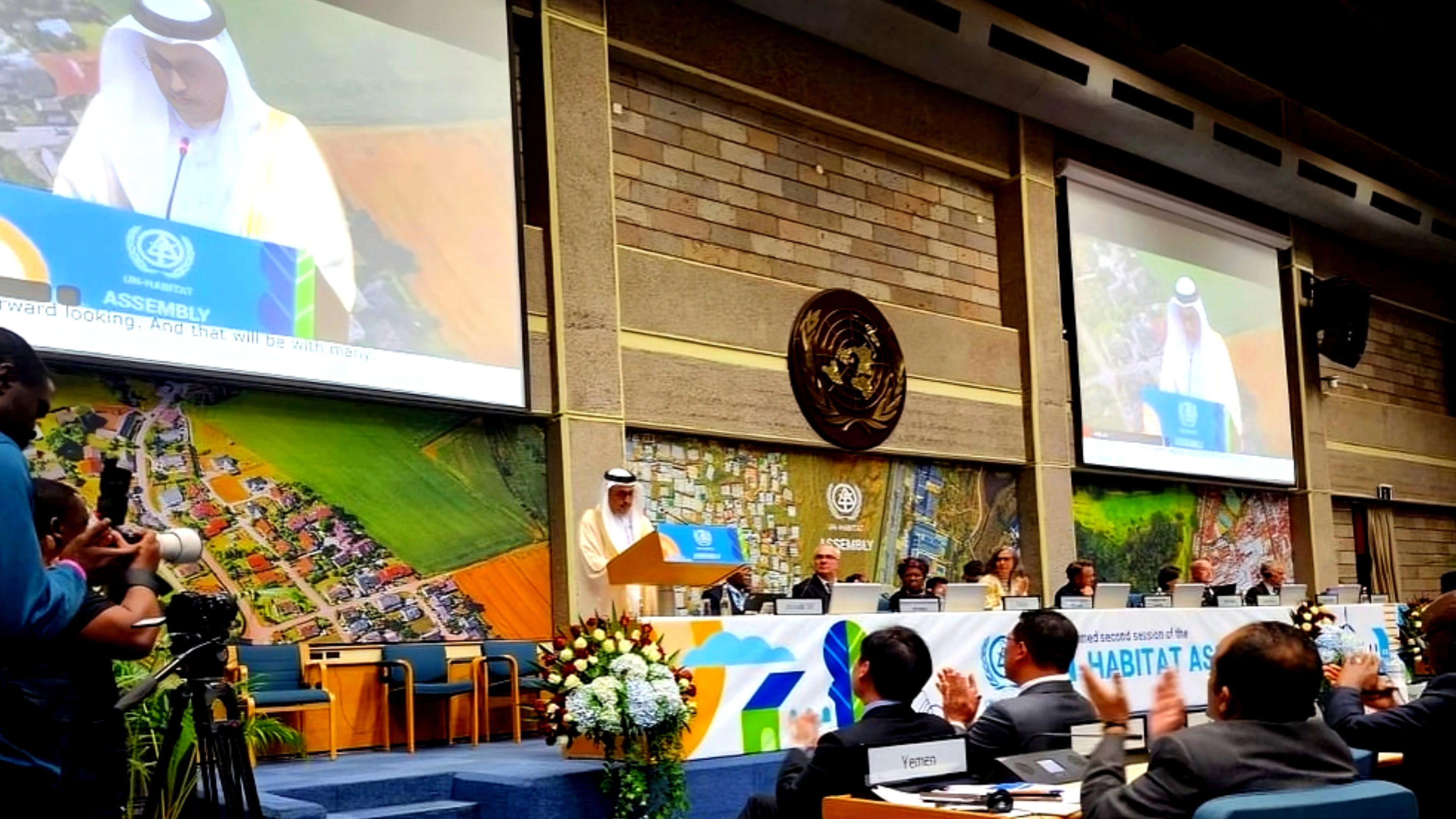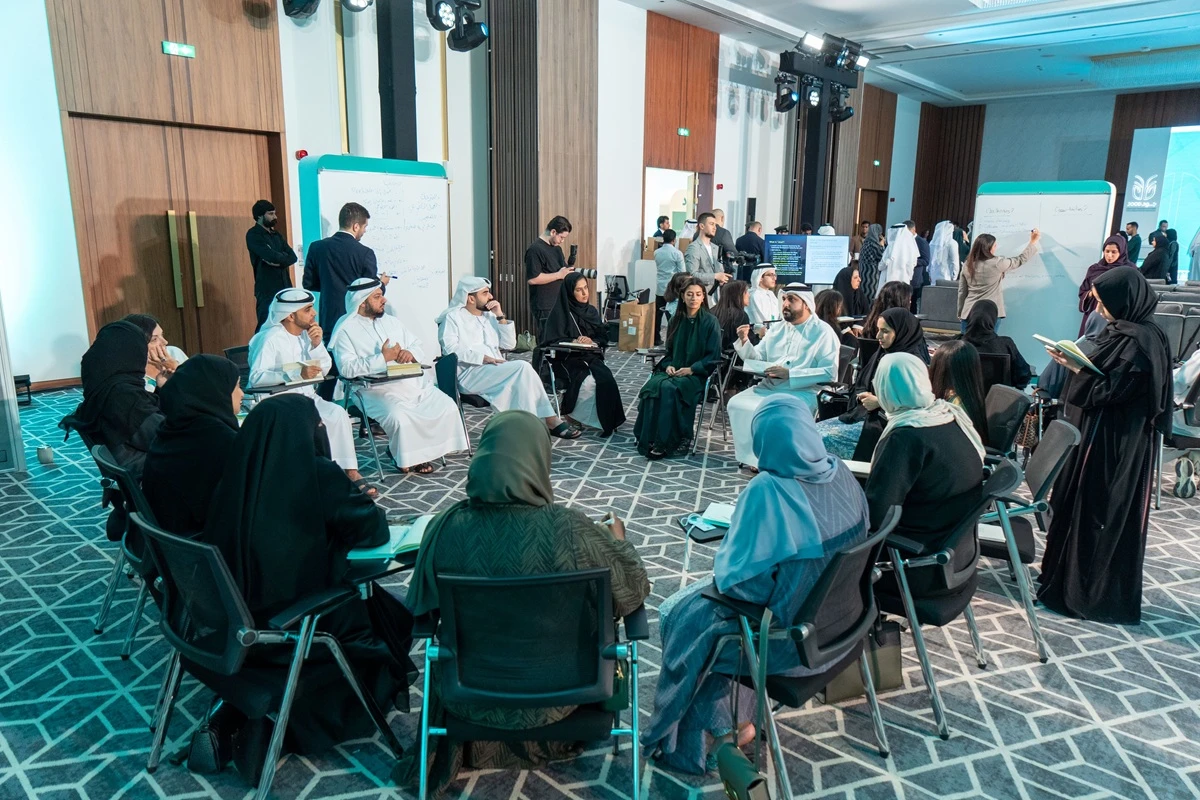Middle East: As Formula 1 gears up for back-to-back races in Bahrain and Saudi Arabia, FIA President Mohammed Ben Sulayem has praised the growing influence of the Middle East in the global motorsport landscape.
Speaking ahead of this double-header, Ben Sulayem emphasized how the region’s four Grand Prix races—Bahrain, Saudi Arabia, Qatar, and Abu Dhabi—have become key pillars of the F1 calendar. He acknowledged that each race brings a unique charm, contributing to the sport’s expanding global appeal and fan engagement.
Reflecting on the impact of the region, Ben Sulayem noted that it has been 21 years since Bahrain made history as the first Middle Eastern country to host a Formula 1 race.
That milestone inspired neighbouring countries to join the motorsport scene, helping transform the region from a race host to an active contributor to the sport’s culture, inclusivity, and fan development. These steps align with the FIA’s broader vision for motorsport growth and the ongoing transformation of the Federation under Ben Sulayem’s leadership.
Now in his fourth year as FIA President, Ben Sulayem highlighted both the challenges and progress made since his 2021 election.
With more than 2,000 hours of consultations with clubs and members, his manifesto laid the foundation for a clear vision that continues to guide the Federation’s direction. He reaffirmed his commitment to putting FIA members at the core of decision-making and reform efforts.
The FIA celebrated its 120th anniversary last year, a milestone marked by financial recovery and strategic improvements. Under Ben Sulayem’s leadership, the Federation turned around a €24 million deficit into a projected operational surplus of €2.2 million.
He credited this shift to financial reforms and sustainable planning. Additionally, the FIA has promoted knowledge-sharing and education, delivering over 13,500 individual learning sessions through FIA University and completing 70 motorsport safety research projects.
Ben Sulayem concluded by reiterating that collaboration and a forward-looking mindset will help secure even greater success in the next century, as the Middle East continues to be a central player in shaping the future of Formula 1.








